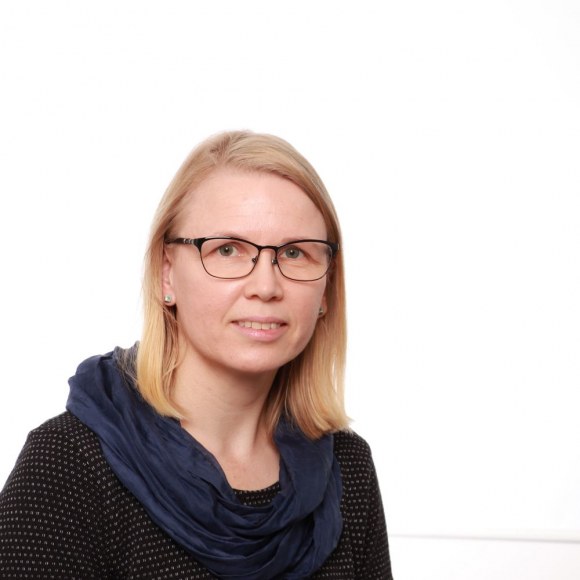Katja and Olga are familiar to us as the driving forces behind the popular lecture series Online Talks on Russian Media, a co-operative project between TaRC and the Russian Media Lab Network at the University of Helsinki.
Last October, as part of the lecture series, they organized a roundtable with the title “The future of independent journalism in exile“.
Now they can continue research into the same theme, having secured a €119,000 grant from the Helsingin Sanomat Foundation for their project Russian Independent Journalism in Exile: In Search of Relevance and Resilience.
Since the beginning of Russia’s full-scale invasion of Ukraine, independent Russian media outlets have been forced to relocate abroad en masse as a result of government repression and the imposition of de facto war-time censorship in Russia.
Some have gone to Latvia and Lithuania where they could find pre-existing communities of emigre Russian journalists, while others have headed for Armenia, Georgia, or Turkey because of their more lenient visa requirements. Several other European countries also host media professionals escaping the regime, but to a lesser degree.
It appears unlikely that the restrictions imposed upon freedom of the press in Russia, such as restrictive amendments to the “fake news” law (Jack 2022) and the law on foreign agents (The Moscow Times 2022), as well as the mass blocking of independent media and social media platforms, will be loosened in the foreseeable future.
In fact, repression of civil society, including journalists, may become harsher yet. Russian independent journalism will be journalism-in-exile.
Even prior to the war, independent media critical of Putin’s regime had struggled to reach a wide audience in Russia (Volkov 2022).
After their relocation, and the blocking of their platforms in Russia, their audience inside the country diminished further while some were able to gain new audiences abroad.
Under these circumstances, it remains unclear how independent Russian media professionals can continue their work from abroad. This project focuses on how they cope in an extremely difficult situation and how they adapt to changing realities and requirements.
The project studies the emerging ecosystem of independent Russian media in exile and the type(s) of journalism they produce.
Empirical data include interviews with media practitioners and workers of organisations supporting free journalism, observations in newsrooms, and digital ethnography.
The research project aims to explore a possible model, or models, of resilience for journalism in exile and to debate how it can maintain its relevance for its Russia-based readership.
The project is scheduled to run from May 2023 to December 2024. Katja and Olga are joined in the research team by Elena Rodina from the human rights organization Civil Rights Defenders. Elena has also discussed the topic in our Online Talks series earlier.
TaRC congratulates the entire team and wishes them the best of luck with the new project!
PS. Olga Dovbysh has recently been interviewed by Finnish public service media YLE about the project. You can read the interview here (in Finnish).

